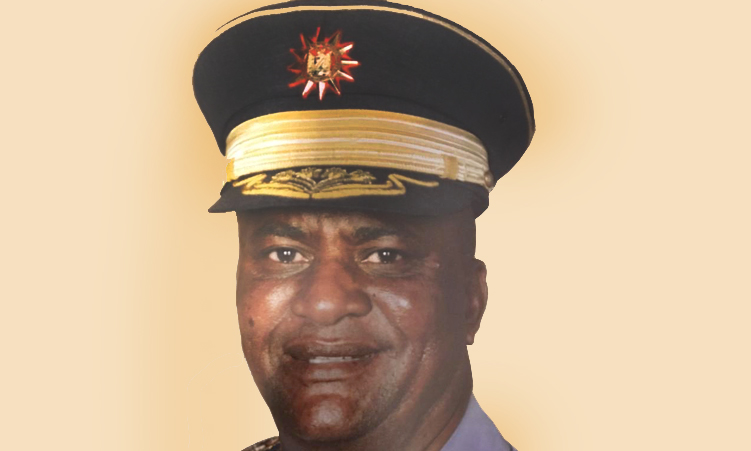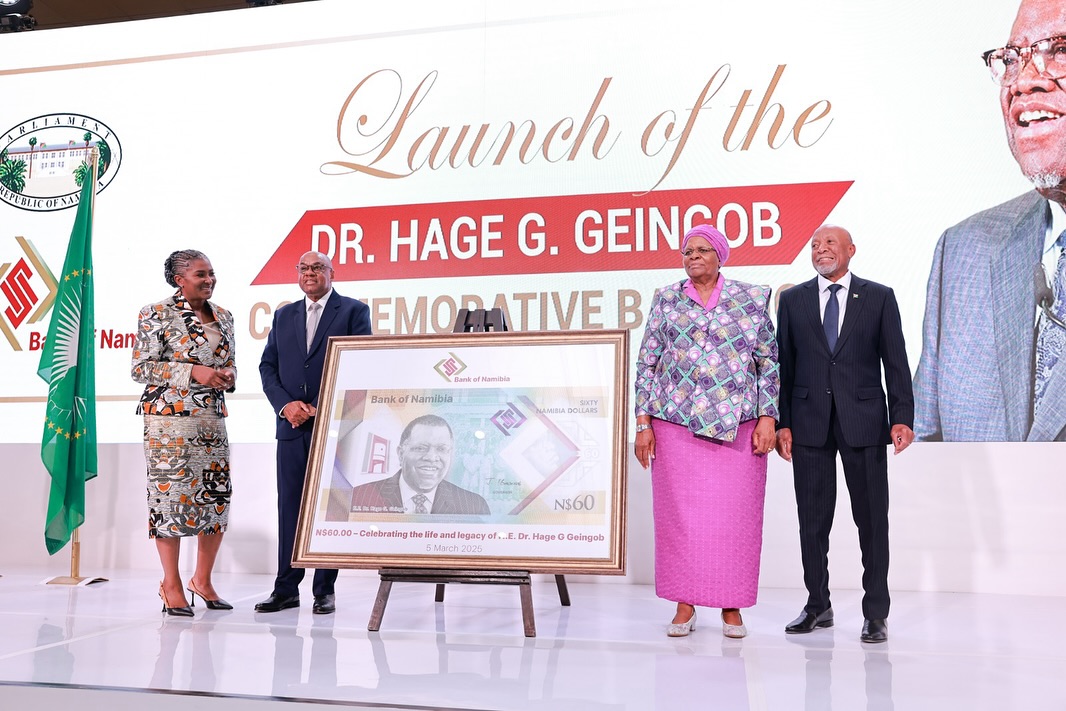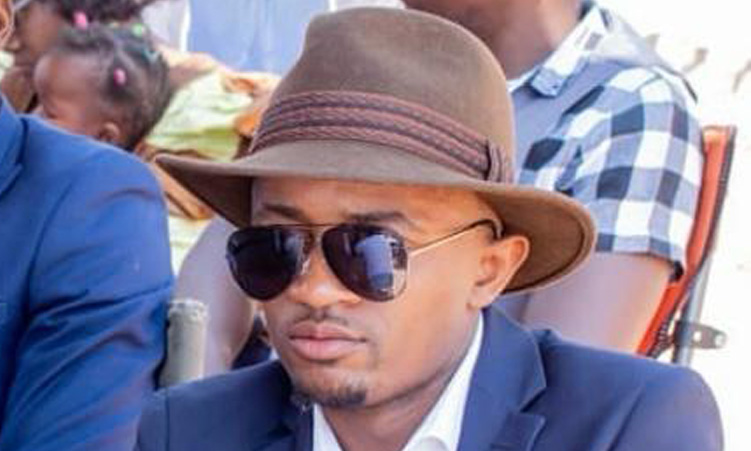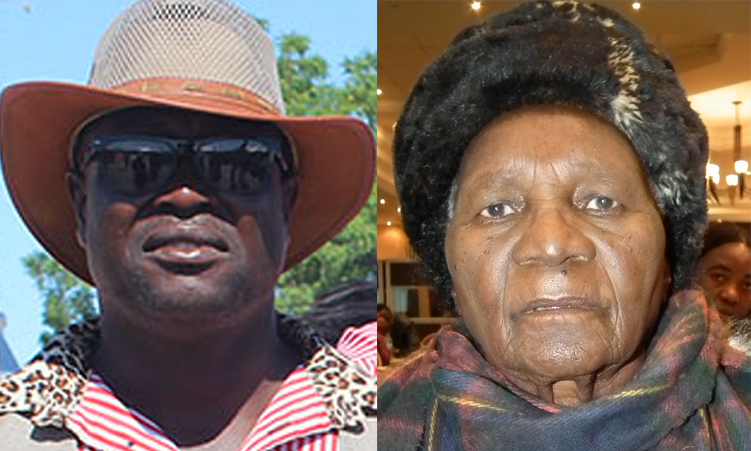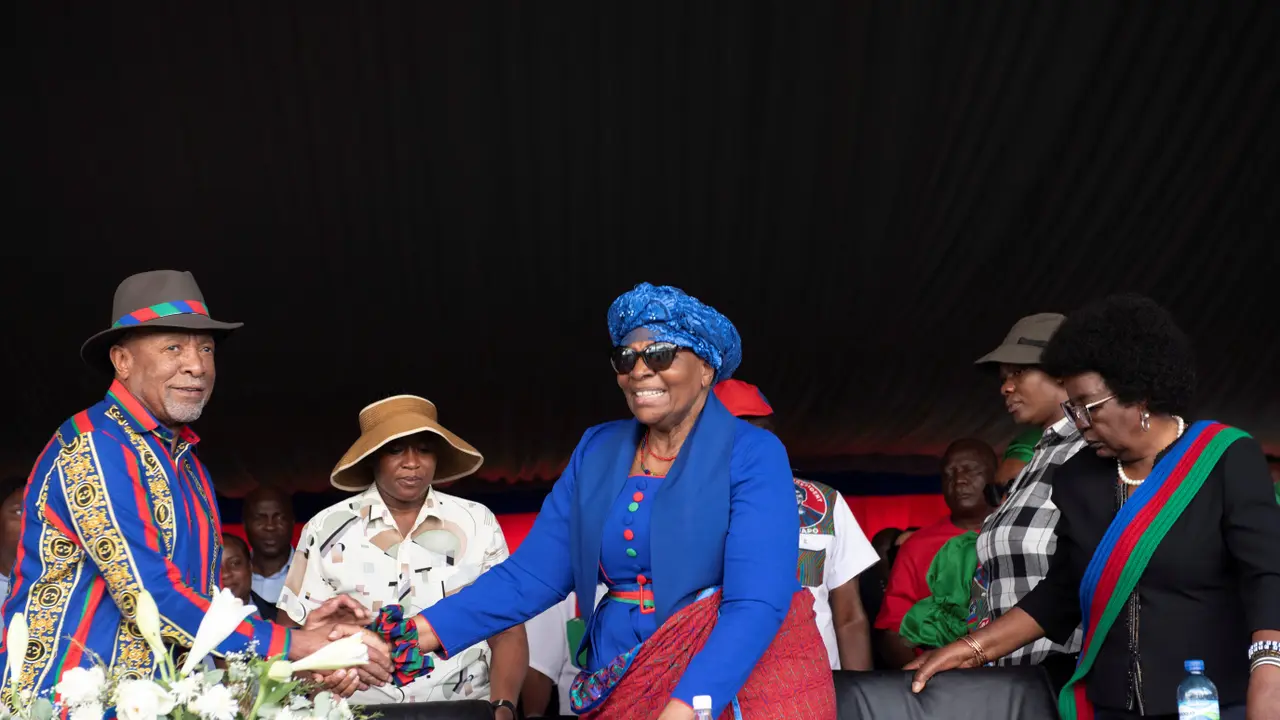“Memory is what shapes us. Memory is what teaches us. We must understand that’s where our redemption is,” Holocaust survivor Estelle Laughlin aptly noted.
The Ovaherero and Nama genocide from 1904 to1908 was a campaign of ethnic extermination and collective punishment waged against indigenous people in then German South West Africa by Germany’s Schutztruppe.
Germany’s colonial policy forced the Ovaherero and the Nama people off their land. As a result, they rose in revolt.
More than 70 000 Ovaherero and 10 000 Nama people were massacred between 1904 and 1908 in what is known as the 20th century’s first genocide.
A Genocide Memorial was quietly erected south of a statue of founding president Sam Nujoma on Robert Mugabe Avenue in Windhoek.
It depicts the “untold hardships and suffering” of the victims of the genocide and shows a man and woman in an embrace symbolising freedom.
WHAT HAPPENED?
On 26 April 2016, a motion proposed by Swanu’s Usutuaije Maamberua in the National Assembly that 28 May be declared Genocide Remembrance Day was well received.
It was on this day in 1908 that all German concentration camps were ordered to close.
A commemoration day is to remember and show respect for precious lives lost, to show solidarity with descendants of the victims, and to unite the nation in order to ensure that a genocide never happens again in Namibia, Africa or elsewhere.
Since independence, and eight years after a motion was unanimously endorsed in parliament, a Genocide Remembrance Day has not yet seen the light of day.
There were whispers in the grapevine, this month, hinting that the president might declare 28 May as Genocide Remembrance Day.
But alas, in the absence of a formal proclamation, it appears it is not be be.
History teaches us that we can and must speak up and build a collective future with a fuller understanding and appreciation for each other and our past.
RWANDA REFLECTS
Rwanda, which experienced a 100-day genocide in 1994, did not wait 30 years to declare a Genocide Remembrance Day.
It is marked on 7 April every year. The country also has six national commemorative sites and more than 250 registered memorials.
An estimated 800 000 minority Tutsis, moderate Hutus and members of a third ethnic group, the Twa, were massacred by Hutu ethnic extremists in an organised campaign of mass slaughter.
To Rwanda’s credit, during this year’s commemoration activities in Kigali on 7 April, the country’s president, Paul Kagame, lit a flame of remembrance at the Kigali Genocide Memorial Centre – to burn for 100 days as the country honours its genocide victims.
Also, in a powerful address at a stadium packed with world leaders, heads of international organisations, and thousands of Rwandans, including survivors, president Kagame spoke about the collective grief of a nation.
“Our journey has been long and tough. Rwanda was completely humbled by the magnitude of our loss, the lessons we learned are engraved in blood. But the tremendous progress of our country is plain to see, and it is the result of the choices we made together to resurrect our nation, Kagame said.
REMEMBRANCE AND RIGHTS
The commemoration of horrific deeds committed by mankind, mass murders and genocide take place in various forms worldwide.
A Namibian Genocide Memorial Day must be acknowledged and be etched eternally in history during our lifetime by meaningful deeds of remembrance and commemoration.
When such events are given official status as something society should never forget, the survivors and their descendants can take some comfort that society has acknowledged that the action against them was inhumane and wrong. Remembrance dignifies their suffering as well as their human rights – past, present and future.
It also forms the basis for an unequivocal apology and appropriate, acceptable reparations. Anything less is an insult to common sense.
The connection between remembrance and human rights ought to extend both backwards and forward.
OUR HEROES
Horrific events need to be remembered; partly as a sign of respect for the dignity of those who died or suffered or continue to suffer.
The often neglected forward-looking aspect is equally important, when it involves the need to recognise our own or others’ role in causing unspeakable harm.
If remembrance is to help us and others avert future mass violations of human rights, we need to take an honest look at ourselves during our lifetime.
We need to remember the genocide of 1904 to 1908 to recognise the dignity of our fallen heroes, and the suffering of their often forgotten or marginalised descendants.
In remembrance of our heroes, we salute them all on this the 120th anniversary of the genocide.
- * JB Tjivikua is a descendant of victims of the 1904-1908 genocide.
Stay informed with The Namibian – your source for credible journalism. Get in-depth reporting and opinions for
only N$85 a month. Invest in journalism, invest in democracy –
Subscribe Now!




